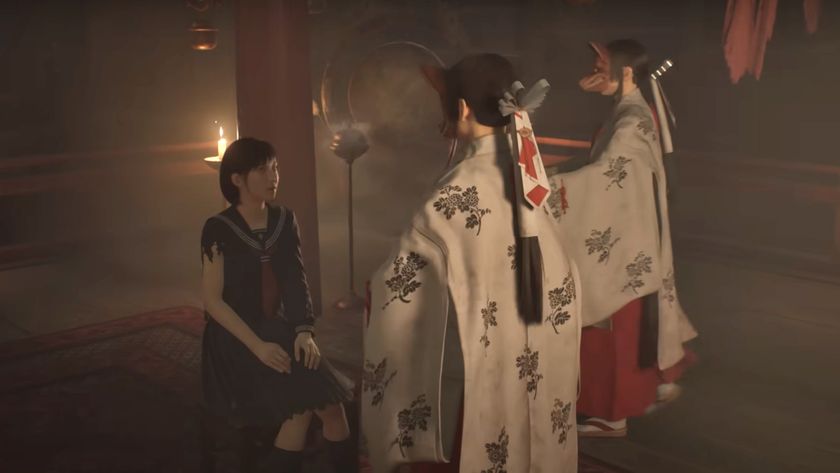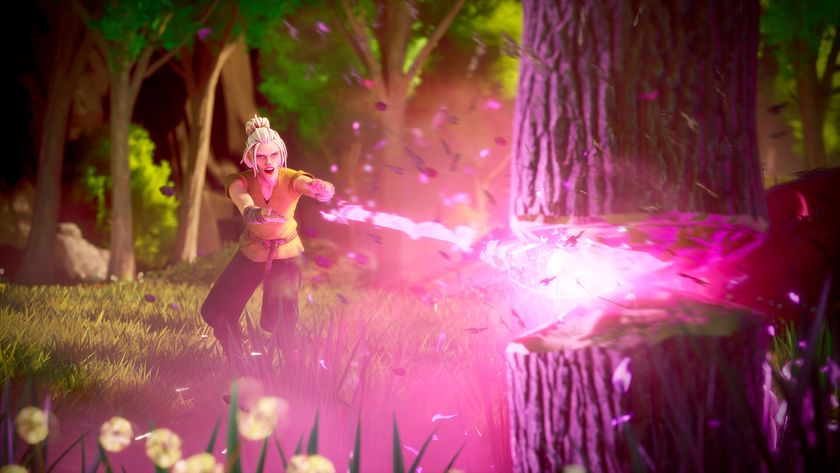Why you can trust 12DOVE
Five years after his directorial bow – the underwhelming Antwone Fisher – Denzel Washington scoops up the megaphone again for another true (albeit heavily fictionalised) story. This one’s inspired by a little-known episode from the Depression-era South, following a debating team at the all-black Wiley College in Marshal, Texas. Washington also stars as Melvin B Tolson, a real-life radical English teacher who plays the part of team leader for all his inspirational worth: offering up barnstorming speeches, sucking on an unlit pipe, as he cajoles, berates and goads his team of students into fighting shape. “Debate is a blood sport,” he informs them, “and words are your weapons.”
Among those rising to the challenge are bad(ish) boy Henry Lowe (Nate Parker), aspiring lawyer and first female debater Samantha (Jurnee Smollett), hard-working Hamilton Burgess ( Jermaine Williams) and the fresh-faced, 14-year-old son of the college’s philosophy professor (Forest Whitaker), James (Denzel Whitaker, no relation to either Washington or Forest).
As the four learn to spar and wrangle, Robert Eisele’s conventional if intermittently stirring script pits these underdogs against the best (fellow all-black colleges) and worst (racism, lynch-mobs, redneck authority figures) the South had to offer in 1935.
The debates themselves are nicely handled, mainlining an urgency and vitality that’s largely lacking from the rest of the drama — be it Henry’s trouble with the ladies or Tolson’s supposed communist leanings and his organising of the local crop farmers into a union. Even the one sex scene is coy, chaste and passionless.
Impeccably earnest and well meaning, the film trowels on the importance of education being “the way out of ignorance, the way out of the darkness into the light”, outlining many valid points about racial, moral and labour issues. But it serves them up with such obviousness and predictability (complete with requisite ‘rousing’ finale) that you can’t help feeling a little worn down by the worthiness of it all.
Washington and his young cast all turn in spirited performances, but are ultimately let down by formulaic writing. A laudable, old-fashioned attempt to highlight a footnote in black history, it's a three-star film that strains to be more.
The Total Film team are made up of the finest minds in all of film journalism. They are: Editor Jane Crowther, Deputy Editor Matt Maytum, Reviews Ed Matthew Leyland, News Editor Jordan Farley, and Online Editor Emily Murray. Expect exclusive news, reviews, features, and more from the team behind the smarter movie magazine.

Silent Hill f's director wanted to create something that is a "blend of new and nostalgic" for the game's Otherworld

"Is this going to be Valheim with party hats?": RuneScape: Dragonwilds devs know survival games are competitive and focus on "things that make us unique" in a tree-punching genre

Doom: The Dark Ages' team found new inspiration from the original Doom: "We play it at the start of every project"










